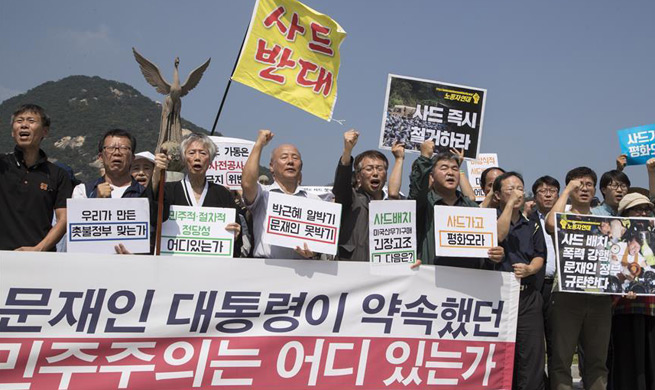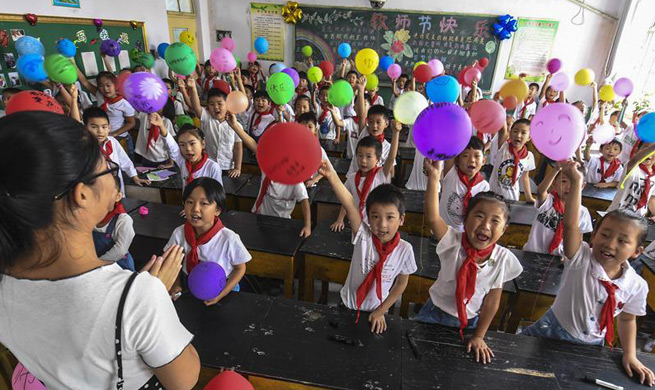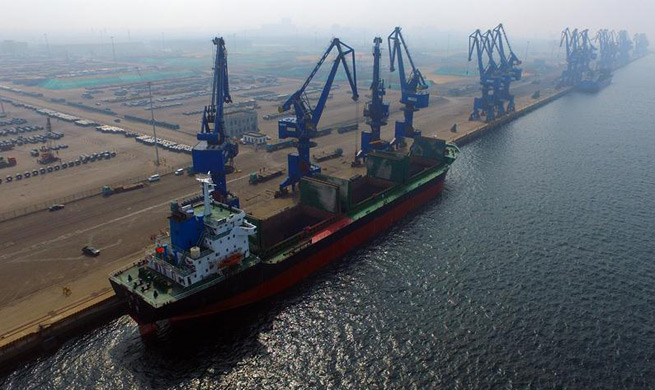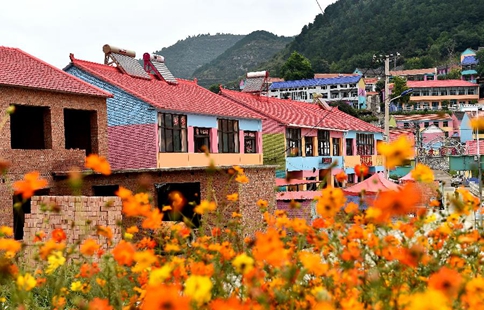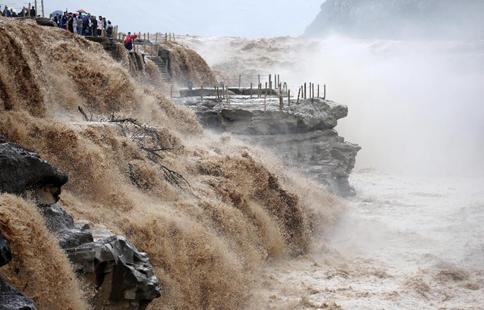GENEVA, Sept. 8 (Xinhua) -- IOM, the UN migration agency, and the UN refugee agency UNHCR both said Friday that 270,000 people have fled violence in Myanmar to seek safety in Bangladesh since Aug. 25.
The spokesperson for the UNHCR, Duniya Aslam Khan, issued a call for "urgent action" amid "a dramatic increase in the number of refugees fleeing violence in Myanmar's Northern Rakhine state" during a UN briefing.
She said, "UNHCR calls for urgent action to address the root causes of the recent surge in violence, so that people are no longer compelled to flee and can eventually return home in safety and dignity."
Kahn said that the two refugee camps in Cox's Bazar in south-east Bangladesh -- home to nearly 34,000 Rohingya refugees before this influx -- are now bursting at the seams.
"The population has more than doubled in two weeks, totaling more than 70,000. There is an urgent need for more land and shelters," she said.
The UNHCR noted that the limited shelter capacity is already exhausted and refugees are now squatting in makeshift shelters that have mushroomed along the road and on available land in the Ukhiya and Teknaf areas.
"The Rohingya are a stateless Muslim minority in Myanmar who have faced discrimination and extreme poverty for decades...The Rohingya fleeing Myanmar are now stateless refugees, making them even more vulnerable and adding more challenges to the search for solution," said the Kahn.
IOM spokesperson Leonard Doyle said, "An estimated 130,000 of the new arrivals are now living in the registered refugee camps and three makeshift settlements of Kutupalong, Leda and Balukhali."
He said another estimated 90,000 people are sheltering in host communities, and nearly 50,000 have settled in new spontaneous settlements which are expanding quickly with people still searching for space to make temporary shelters.
Healthcare facilities are also struggling to provide adequate services as the number of people in need of emergency and basic health care continue to grow said the IOM.
"People are too scared and exhausted to travel long distances to seek health care, so it is imperative that it as close to the settlements as possible," said Doyle.











